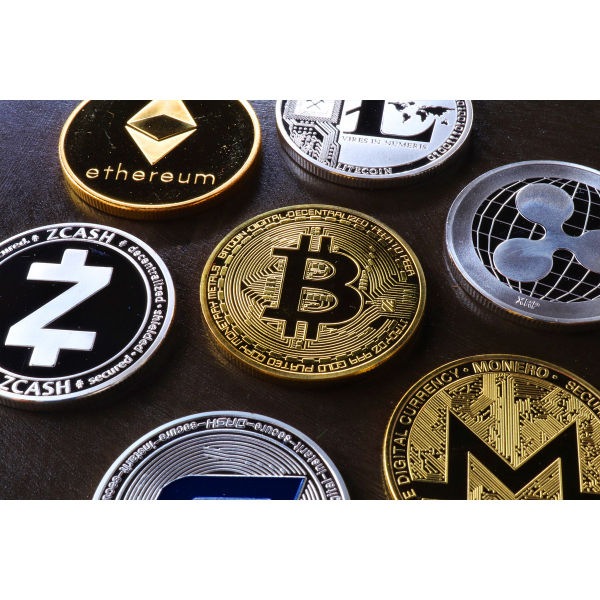On November 28, 2012, an event of unprecedented significance occurred in the world of cryptocurrency: the first Bitcoin halving. It was on this day that the reward per block for mining Bitcoin was reduced from 50 to 25 Bitcoins.
The Most Successful Blockchains
There are many different blockchain networks, and the specific ones that are most widely adopted can vary depending on the criteria used to measure their adoption.
20 Pivotal Events in Cryptocurrency History
Cryptocurrencies have changed the way we see and use money. From Bitcoin’s first steps to the influence of social media on crypto prices, a lot has happened over the years. Here’s a list of 20 major moments in the crypto world.
Interesting Facts About Blockchain Technology
What makes blockchain so revolutionary? Let’s discover together 5 very interesting facts about blockchain technology.
Guarding Your Digital Gold: A Guide to Crypto Cyber Threats
Even the seemingly impenetrable blockchain isn’t immune to potential risks. Let’s navigate through the maze of possible attacks and see how they can impact your crypto assets.
Is There Only one Blockchain?
There are already at least 1,000 blockchains and 4 types of blockchain networks (public, private, hybrid and consortia). Although the main goal of blockchain is to facilitate a single data transfer, there are several platforms available in the field.
Must-read Bitcoin and Blockchain White Papers
I’ve combed through hundreds of articles and research papers on Bitcoin and blockchain and selected the most important ones to help you improve your understanding of these topics.






